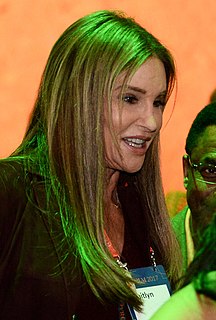A Quote by Al Sharpton
I could have easily been a statistic. Growing up in Brooklyn, N.Y., it was easy - a little too easy - to get into trouble. Surrounded by poor schools, lack of resources, high unemployment rates, poverty, gangs and more, I watched as many of my peers fell victim to a vicious cycle of diminished opportunities and imprisonment.
Related Quotes
When you live in a poor neighborhood, you are living in an area where you have poor schools. When you have poor schools, you have poor teachers. When you have poor teachers, you get a poor education. When you get a poor education, you can only work in a poor-paying job. And that poor-paying job enables you to live again in a poor neighborhood. So, it's a very vicious cycle.
It is easy to romanticize poverty, to see poor people as inherently lacking agency and will. It is easy to strip them of human dignity, to reduce them to objects of pity. This has never been clearer than in the view of Africa from the American media, in which we are shown poverty and conflicts without any context.
The diagnosis that poverty, lack of education, or lack of opportunities have much to do with terrorism requires a fundamentally optimistic view of human nature. This diagnosis leads to the prognosis that all we need to do to solve the terrorism problem is to create societies that are less poor, better educated and have more opportunities.





































